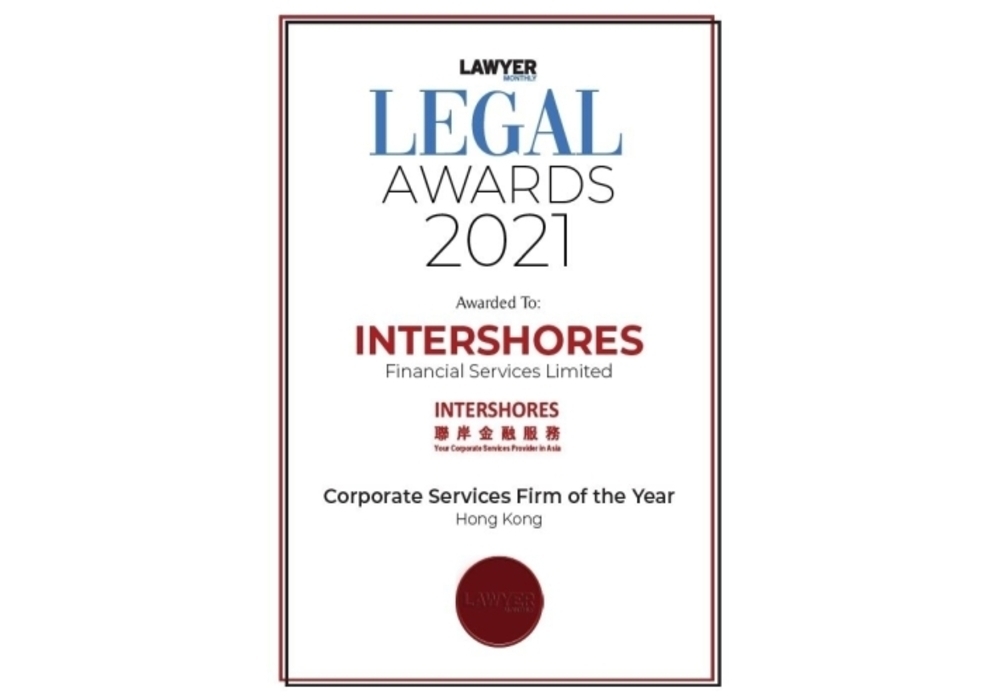The Cayman Islands consists of a group of three islands in the Caribbean: Little Cayman, Cayman Brac and Grand Cayman. The main Island, Grand Cayman, is situated approximately 480 miles southeast of Miami. It has well established legal system and is a reputable financial centre. The Cayman Islands Exempted Company is the most widely-used business form by foreign investors looking to do business in the British overseas territory.
Advantages Of A Cayman Islands Company
- Reputable financial centre
- Sophisticated business environment with a full range of financial & professional talent
- Legitimate legal system and authority governed by Cayman Islands Monetary Authority (CIMA)
- Stable economic and political environment
- No corporation, capital gains nor withholding taxes
A Cayman Islands Company Is A Good Vehicle For
- Financial Services
- Investment Funds
- Science & Technology Companies
- Holding Co for Financial Company
Three Simple Steps For Incorporating A Cayman Islands Company
|
Supply Information |
Sign Documents |
Receive Documents |
|
Submit information online or fill the download form. Our officer will contact you to confirm service, collect KYC and verify documents. Pay fee. |
Prepare incorporation documents and sign registration documents. |
Collect incorporation documents. |
Documents Required For Setting Up A Cayman Islands Company
- Notarized passport copies (if we cannot meet in person) of all the directors/ shareholders/beneficial owners.
- Notarized residential address proof of all the directors/ shareholders/beneficial owners (Must be in English or English translation) or certified copies.
- Reference letter from bank or professional practice.
- Our due diligence form.
Attractive Cost For Cayman Company Formation
- Easy & confidential
- 24/7 Support
- Dedicated client servicing
Recommended Services:













